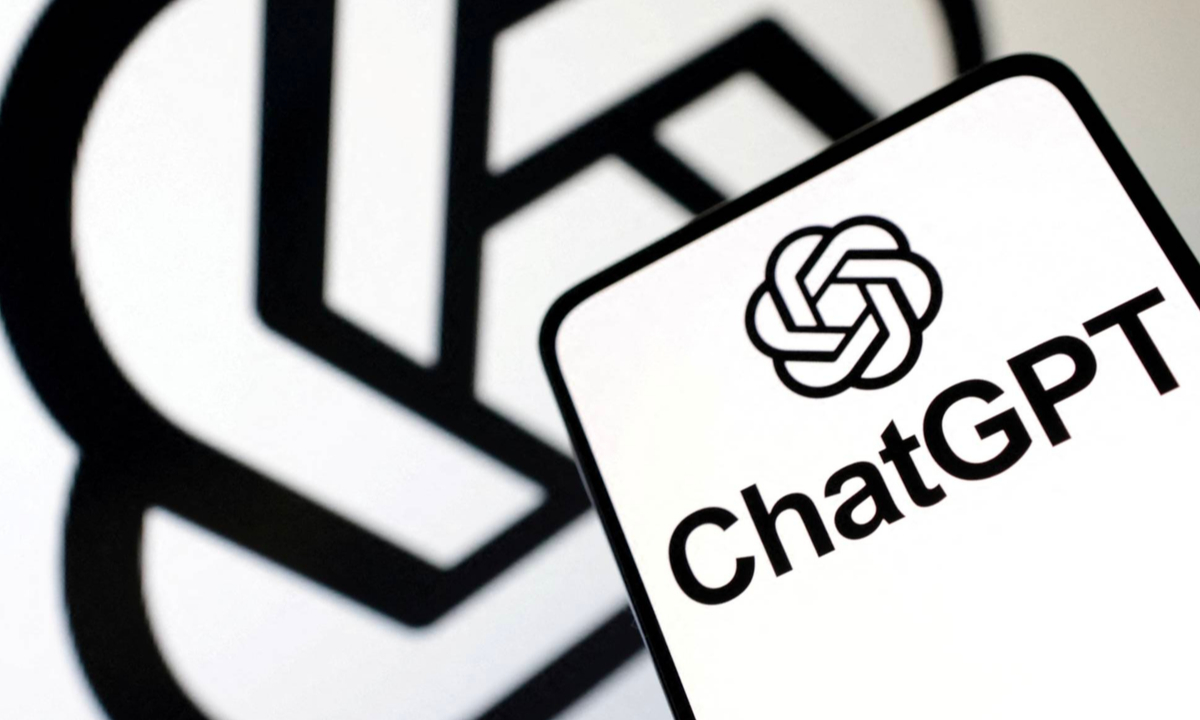OpenAI is rolling out a major update that transforms ChatGPT from a conversational AI tool into a fully agentic system, capable of executing complex tasks using its own virtual computer and a suite of built-in tools.
This new capability, available to Pro, Plus and Team users through a feature under tools called “agent mode,” enables ChatGPT to navigate websites, prompt users to log in when needed, conduct analysis, and deliver editable slideshows and spreadsheets. Tasks take several minutes.
“We started launching agents earlier this year. We launched deep research, we launched operator, and people were very excited about this,” OpenAI CEO Sam Altman said in a video demonstrating agent mode. “But it became clear to us that what people really wanted was for us to bring those capabilities and more together.”
OpenAI makes clear that the user stays in control — ChatGPT asks permission before taking important actions. Users also can interrupt ChatGPT, take over the browser or stop tasks at any time, the company said in a blog post. ChatGPT can also ask the user for more details.
The new system gives ChatGPT the ability to shift between reasoning and action, using a virtual machine to run code, analyze data, and interact with content across the web. For example, it can handle requests like “look at my calendar and brief me on upcoming client meetings based on recent news,” “plan and buy ingredients to make Japanese breakfast for four,” and “analyze three competitors and create a slide deck,” per the blog post.
The ChatGPT agent’s tools include a visual browser that interacts with the web through a graphical-user interface, a text-based browser for simpler reasoning-based web queries, a terminal and direct API access.
The model can help automate professional and personal tasks such as creating presentations from dashboards, analyzing market data, planning vacations, organizing dinner parties and booking appointments.
The company says ChatGPT can perform the work of an early-career investment banking analyst to do things like create a three-statement financial model for a Fortune 500 company or develop a leveraged buyout model for a going-private deal. According to internal testing, the AI model powering ChatGPT agent “significantly” outperformed its Deep Research and o3.
See also: OpenAI Seeks Piece of ChatGPT-Driven eCommerce Sales
A New Risk Surface Emerges
However, Altman also acknowledged that agent mode creates a “new risk surface” for hackers since ChatGPT can take actions. “There are new risks,” Altman said. “People are going to need to learn how to use AI agents, and society is going to need to learn to build up defenses against attacks on AI agents as well.”
To that end, OpenAI said it is treating ChatGPT agent as having “High Biological and Chemical capabilities,” a designation that activates additional safeguards. “We are exercising caution and implementing the needed safeguards now,” the company said.
The model also features privacy protections such as secure browser takeover mode and the ability to delete all browsing data. “ChatGPT does not collect or store any data you enter during these sessions, such as passwords, because the model doesn’t need it, and it’s safer if it never sees it,” according to the company.
ChatGPT agent is now available to Pro users, with access rolling out to Plus and Team users in the following days. Enterprise and Education users will gain access in the coming weeks. Access in Europe is pending.
Read more:
OpenAI Reportedly Prepping Browser to Take on Google Chrome
AI Models and Tools: OpenAI Enables Creation of Shopify AI Assistants
Agentic AI Systems Can Misbehave if Cornered, Anthropic Says

